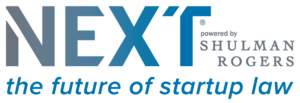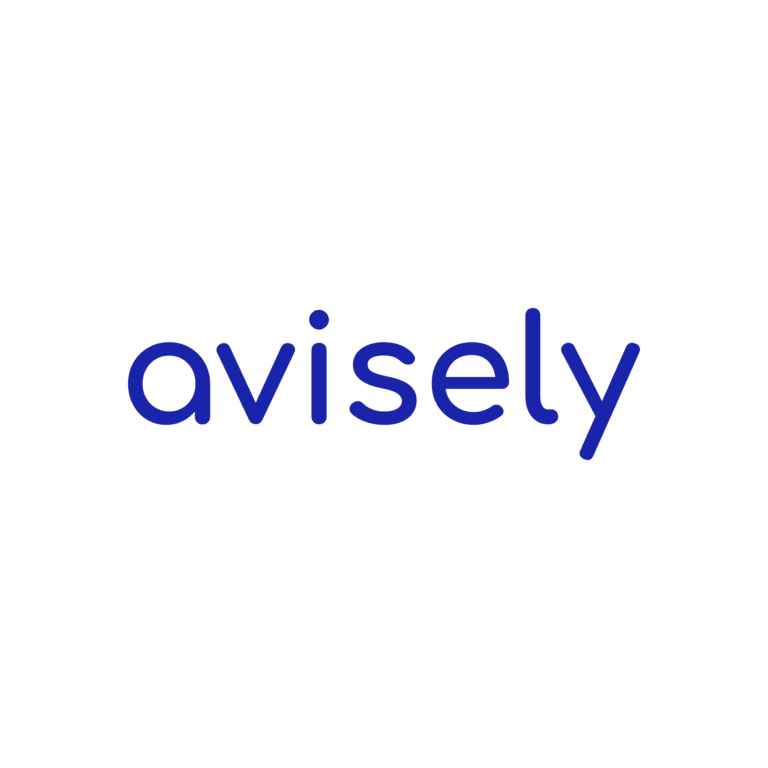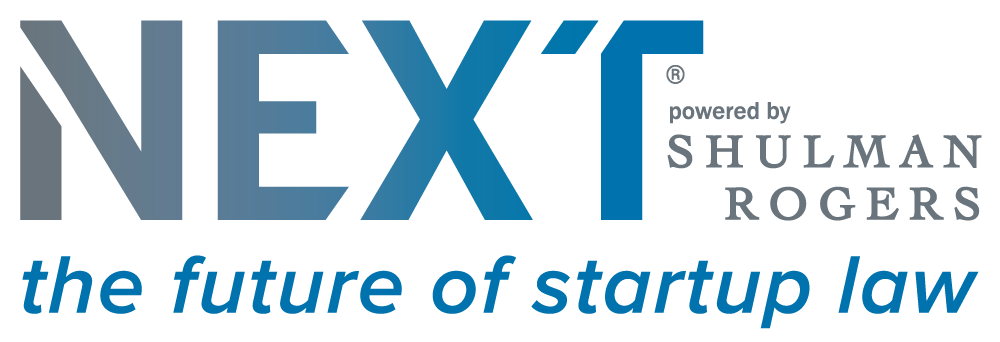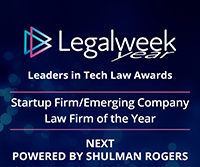 The Journey of a Non-Technical Technical Founder
The Journey of a Non-Technical Technical Founder
I present on my journey as a female entrepreneur in tech fairly regularly. When I first received these types of requests, I thought, well, I have only been a founder for a short period of time. Then, I thought deeper – alas, I have been preparing for my corporate America exodus for years and have learned a ton along the way.
I am on a journey as a female founder, both as a woman in her 30s making a huge career transition and a non-technical technical founder. That title, at first glance, appears to contradict itself. In articles, you will see the term “non-technical founder” – a connotation that typically illustrates folks like myself. Someone with a mix of liberal arts, consulting skills, and management capabilities, but someone who may not know much about software development. However, I don’t think the title “non-technical ” gives folks like me enough credit. I know basics about wireframes, platform types, and the development lifecycle through the calls I have with software development firms, as well as the self-education I have taken on in parallel. I also started a computer science masters to formalize my training this year to boot – primarily because I love learning and because I don’t want the risk of being taken advantage of for years to come in tech.
Thus, I call myself a “non-technical technical founder” because I bridge that seeming divide. The world likes to think in black and white – technical vs. non-technical. As a woman, I want to embrace the murkiness and “jill of all trades” that encompasses starting a company from the ground up and learning new skills daily.
Here are a few of my lessons so far.
The challenges are real. Build an intentional community of support early on.
I left the comfort of corporate America last year. There are no structure, roadmap, or accountability mechanisms naturally built into my entrepreneurial journey. I joined a women’s entrepreneur group coaching program early on that challenged me and kept me on my toes. I also have curated a group of several of support members – mentors, sponsors, and advisors – to stand by my side. Be choosy and actively seek people out. I have had bad, mediocre, and excellent support centers over the years. How do I know if folks are a good fit as a mentor/sponsor/advisor? They take the time to build rapport, show vulnerability, and commit to challenging me to grow.
Learn the basics.
Before I started my company, I had no idea what computer programming languages were or even how to pronounce “SaaS”. I taught myself some basics and took free classes online, including a Coding 101 class where I built the beauty of a website below [this was before I knew I could spend a small chunk of change and build a beautiful site in less than an hour on a website builder site].
I had to shift my thinking from focusing on all of the things I am not, to recognizing I am a lot of things, including a learner. When I talk to software developers, I ask a ton of questions and repeat back what I think I hear, and slowly I have become a sponge and know the basics of programming languages, the basics of product development, and what SaaS stands for. I focus on my strengths – I need to raise money, tell stories, have a vision – but I am not going to be the main back-end developer, even after getting my masters, and that’s o.k.
Understand what makes you tick.
The biggest question I have asked myself in my career is not what I want to work on, or even why I wake up excited everyday about work, but HOW I want to work. There is a framework I use – it has three components: What culture do you want to build/be part of? What topically interests you? What do you like to do functionally (e.g., product development, communications, finance)? For me, I knew I no longer wanted to work inside the traditional corporate system, but, instead, create my own system of working and be accountable to me.
Capitalize on the link between vulnerability, courage, and authenticity.
I am no longer afraid to say “I just don’t know” or “help me understand.” I applied to an accelerator program last year that was meant for founders primarily in revenue – I was honest during the interview process about very much being pre-revenue and just getting my idea sorted out, but I promised to catch up and to put my all into the program. So, they accepted me.
Be obsessed with the problem you want to solve.
I am learning – slowly – that I can’t be too attached to the solution I am creating and my prototype, MVP, v 1.0 of my platform, etc. Instead, I am obsessed with the problem I am trying to solve with my venture. Every time I talk to potential customers, I ask about their pain points, so I can really understand their problems. The shiny solution platform is the glamorous part, but the customer discovery is the vital, tedious part.
I am excited to see how the seeming technical and non-technical divide evolves, especially for women in tech, as we navigate this murky middle ground. May there be a sea change in the entrepreneurial arena, where far more women call themselves non-technical technical founders.
About the author:
Courtney Walsh is the Founder & CEO of Avisely LLC, which is digitizing the strategic consulting process. Courtney has deep experience in management consulting, partnership building, and best practices research across the private, public, and non-profit sectors. She holds an MPP from Harvard University and a BA from Colgate University, and is a Master of Computer and Information Technology student at the University of Pennsylvania. You can reach her at [email protected].



